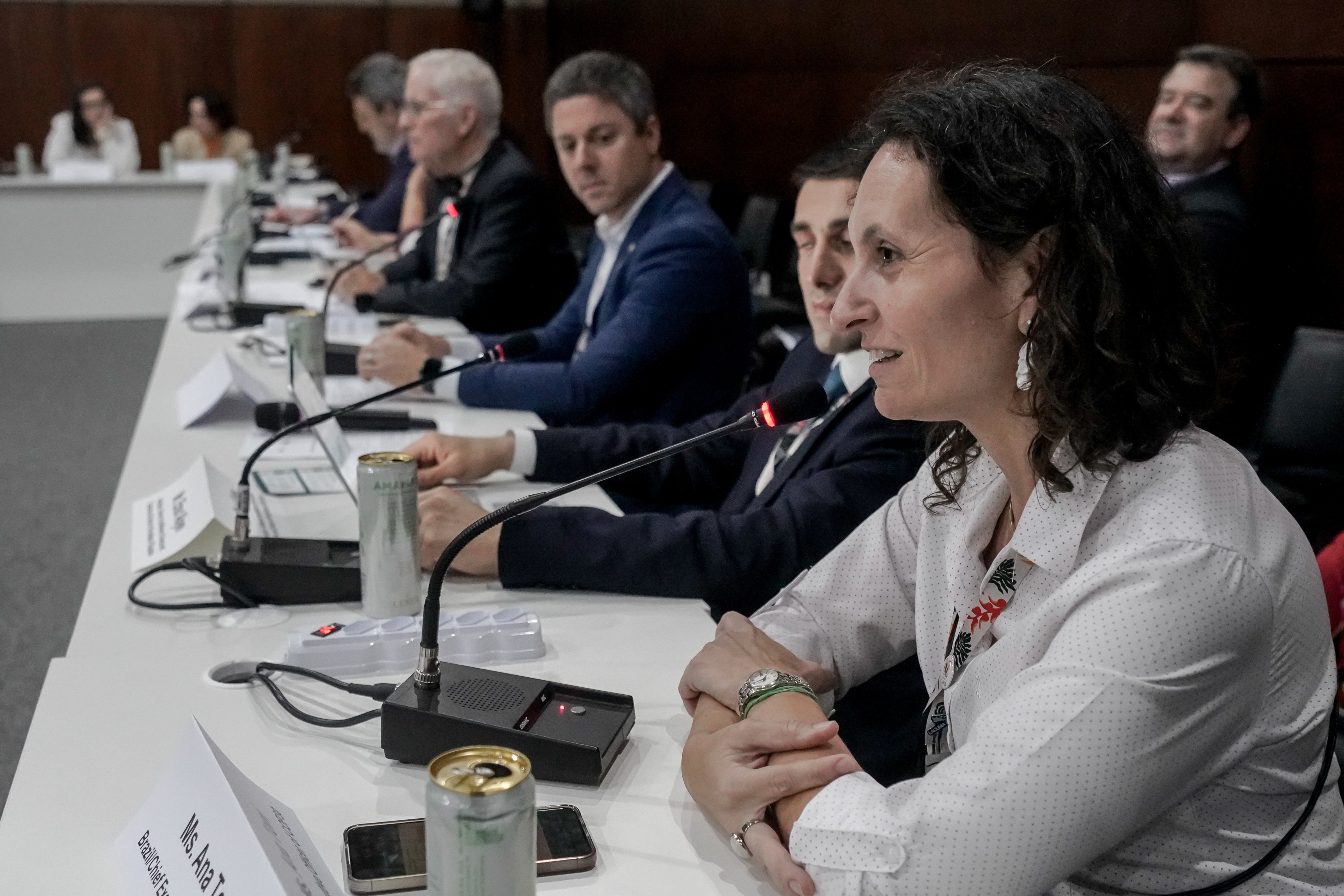Education at the core of climate resilience, say countries and the UN system
During a High-Level discussion, representatives of participating nations, the COP30 Presidency, and the United Nations system highlighted the need to invest in preparing young people to cope with and mitigate the impacts of climate change. They also emphasized the importance of adapting schools to this new reality

By Laura Marques and Fabiana Otero / COP30
Actions to prepare young people for the effects of climate change and to help mitigate its causes were at the center of the High-Level Ministerial Roundtable on Green Education at COP30. The meeting brought together representatives from various countries, the UN system, and civil society, who identified education as key to ensuring community resilience.
Alice Vogas, Program Director at the COP30 Presidency, stated that making education a pillar of climate action requires coordinated efforts and investment. “We hope to see in Belém a platform where countries can take a step forward and strengthen the exchange of knowledge on how education can contribute,” she said. Vogas highlighted two priority areas: climate literacy for teachers and the development of skills and technical training for young people.
Rodolfo Cabral, Deputy Executive Secretary of Brazil’s Ministry of Education (MEC), stressed that the country’s Nationally Determined Contribution (NDC) includes the climate agenda as a cross-cutting issue.
The MEC representative noted that, according to the latest census, approximately 67% of Brazil’s public schools already carry out environmental education initiatives. To expand this figure, the Ministry presented, on Wednesday, 12 November, at COP30, the National Policy for Environmental Education in Schools, to be officially launched soon. He cited examples of school-based initiatives that have transformed local communities, including school gardens, reforestation, spring management, and river decontamination projects.
Representatives from Cabo Verde, Mauritania, Azerbaijan, the Inter-American Development Bank (IDB), and other countries also participated in the discussion.
Adaptation
The United Nations Educational, Scientific and Cultural Organization (UNICEF) reported that in 2024, 242 million students worldwide had their education disrupted by extreme weather events. In Brazil alone, 1.17 million students were affected by floods, droughts, or heavy smoke.
The MEC representative added that the Africa–Brazil–Latin America and the Caribbean Network on Education and Youth Policies for Climate Sustainability and Resilience seeks to reduce school dropout caused by climate-related displacement by 2028, when the next Global Stocktake of the Paris Agreement will take place. The coalition promotes the exchange of social technologies among African, Latin American, and Caribbean countries, with support from multilateral organizations and international partnerships.
PISA 2029 Climate Literacy Framework
During the event, representatives of the Organisation for Economic Co-operation and Development (OECD) presented the first draft of the PISA 2029 Climate Literacy Framework, an international metric designed to assess students’ climate knowledge.
The tool has already been applied to students in the state of Pará. The results show that while students demonstrate relatively solid understanding of local environmental issues such as the Amazon Forest, broader climate literacy remains limited.
Guides toward green education
During the session, representatives of UNESCO also launched documents translated into Portuguese for the first time, offering guidance to education systems around the world. Access the materials here:
Green School Quality Standards: Greening Learning Environments
Green Curriculum Guide: Teaching and Learning for Climate Action
